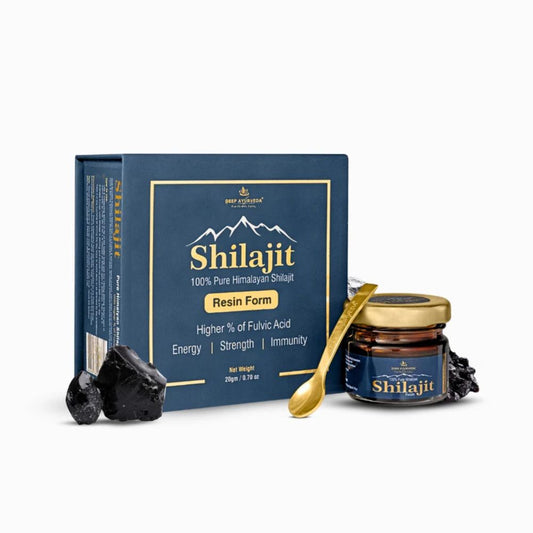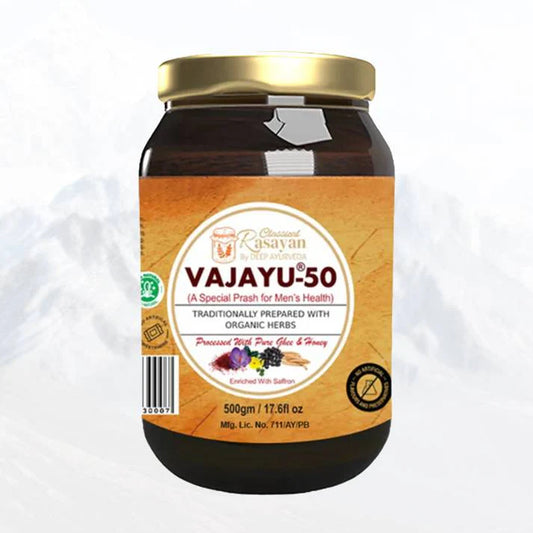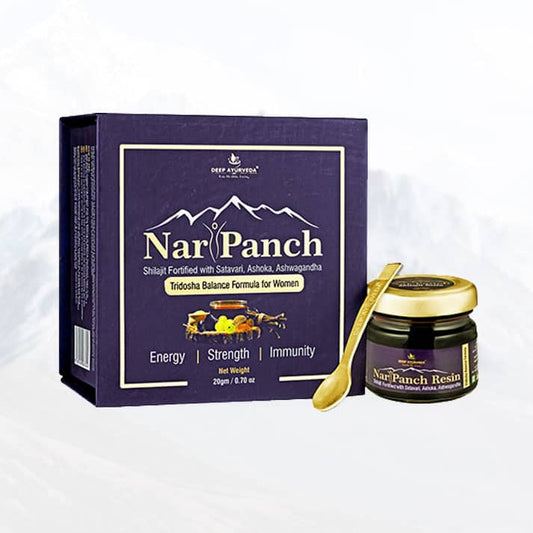Irritable Bowel Syndrome (IBS) is a common gastrointestinal disorder marked by abdominal pain, bloating, gas, diarrhea, or constipation. While modern medicine often focuses on symptom management, Ayurveda—India’s ancient system of healing—offers a holistic and natural approach to IBS.
In this blog, we’ll explore effective Ayurvedic remedies for IBS, dietary guidelines, lifestyle changes, and herbs for digestion that help manage and heal the gut naturally.
Understanding IBS in Ayurveda

In Ayurveda, IBS is closely related to a condition called "Grahani," which is linked to imbalanced Agni (digestive fire) and aggravated doshas—primarily Vata and Pitta.
-
Vata-type IBS: Causes constipation, gas, and abdominal pain.
-
Pitta-type IBS: Leads to diarrhea, acidity, and inflammation.
-
Kapha-type IBS: Less common, but causes heaviness and mucus in stools.
Goal of Ayurvedic IBS Treatment:
-
Balance the doshas
-
Restore digestive fire (Agni)
-
Heal the gut lining
-
Reduce stress and anxiety (which are often IBS triggers)
Top Ayurvedic Remedies for IBS
1. Triphala – The Gut Cleanser
Triphala is a blend of three fruits: Amalaki, Haritaki, and Bibhitaki. It helps regulate bowel movements and detoxifies the colon naturally.
How to Use:
Take 1 tsp of Triphala powder with warm water at bedtime.
2. Bilva (Bael Fruit)—For Loose Motions
Bilva is highly effective for diarrhea-predominant IBS. It helps reduce inflammation and firms up loose stools.
How to Use:
Bilva powder or bilva juice on an empty stomach can help manage symptoms.
3. Ashwagandha—The Stress Reliever
Stress is a major IBS trigger. Ashwagandha, a powerful adaptogen, calms the mind and reduces cortisol levels.
How to Use:
Take 300-500 mg of Ashwagandha daily after meals or as directed by an Ayurvedic practitioner.
4. Kutaja (Holarrhena antidysenterica)—For Chronic Diarrhea
Kutaja is known for its anti-diarrheal and anti-inflammatory properties.
How to Use:
Kutajarishta or Kutaja ghan vati is commonly used in IBS with loose motions.
5. Fennel Seeds (Saunf)—For Bloating & Gas
Fennel helps soothe the intestinal muscles and prevents flatulence.
How to Use:
Chew roasted fennel seeds after meals or drink fennel tea.
Ayurvedic Diet for IBS
Diet is a crucial part of IBS treatment in Ayurveda. Focus on easy-to-digest, warm, and freshly prepared meals.
IBS-Friendly Ayurvedic Foods:
-
Moong dal khichdi
-
Buttermilk with roasted cumin
-
Steamed vegetables with ghee
-
Herbal teas like cumin -coriander-fennel tea
Foods to Avoid:
-
Fried, processed foods
-
Dairy (in some cases)
-
Caffeine and cold drinks
-
Excessively spicy or sour foods
Lifestyle Changes for IBS According to Ayurveda
-
Daily Routine (Dinacharya): Wake up early, and follow a set routine.
-
Abhyanga (Oil Massage): Helps balance Vata and reduce stress.
-
Yoga & Pranayama: Poses like Pawanmuktasana and breathing exercises like Anulom Vilom improve gut health.
-
Mindfulness & Meditation: Reduces IBS flare-ups triggered by anxiety.
Conclusion: Heal IBS Naturally with Ayurveda
Ayurveda offers a natural, long-term solution for IBS by addressing the root cause rather than just the symptoms. With the right combination of herbal remedies, a sattvic diet, and mindful living, you can regain control over your digestive health.
Disclaimer: Always consult a qualified Ayurvedic practitioner before starting any herbal or treatment regime.







